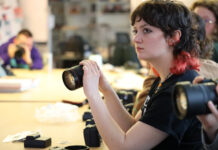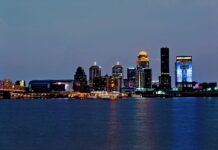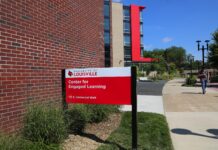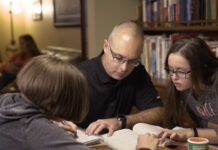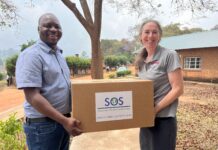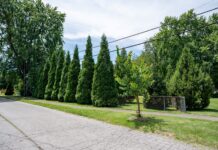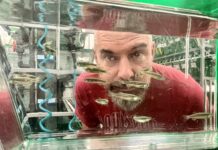
A one-hour concerto blending instruments from diverse cultures. A measurement tool designed to advance human rights. A theory showing how drug addiction works in the brain. A book charting the demographic decline of white Christian America.
Those ideas earned their creators 2019 Grawemeyer Awards, $100,000 prizes recognizing how powerful concepts can change the world. Award recipients were named Dec. 3-7.
The winners are:
- Joel Bons, music composition, for writing the non-traditional concerto “Nomaden”
- Sakiko Fukuda-Parr, Terra Lawson-Remer and Susan Randolph, ideas improving world order, for designing a framework to help nations expand human rights
- Kent Berridge and Terry Robinson, for developing a theory explaining how drug addiction works in the brain
- Robert P. Jones, for explaining how white Protestant dominance of U.S. politics and culture is ending
“As is so often the case, our award recipients have addressed important issues of the day in a highly creative manner,” said Charles Leonard, Grawemeyer Awards executive director.
“From shedding new light on opioid addiction to charting a vast political and cultural change, from improving the well-being of people worldwide to welcoming diverse cultures into Western classical music, all of their ideas have potential to enrich our lives.”
UofL presents the annual prizes in music, world order, psychology and education and gives the religion prize jointly with Louisville Presbyterian Theological Seminary.
No education award was given this year because “jurors could not single out an idea likely to advance our field in a highly significant way,” said Marion Hambrick, an associate professor in UofL’s College of Education and Human Development, who directs the award.
The late Charles Grawemeyer, a UofL graduate and former seminary trustee, set up the awards in 1984 to underscore the impact a single idea can have on the world. He also asked that laypeople be involved in selecting the awards to ensure broad understanding of the winning ideas.
All of the Grawemeyer Award recipients will visit Louisville in April to give free, public talks on their winning ideas.






